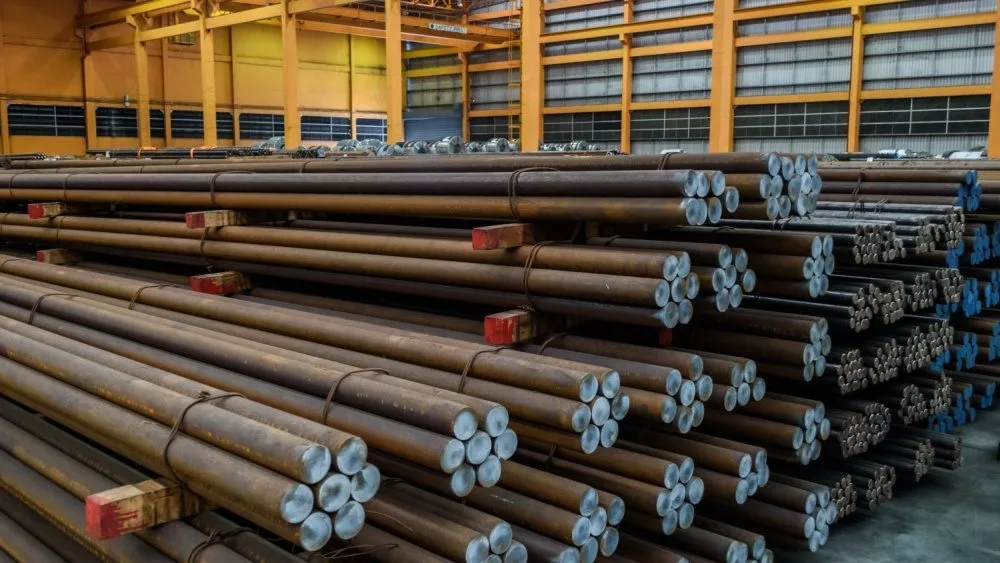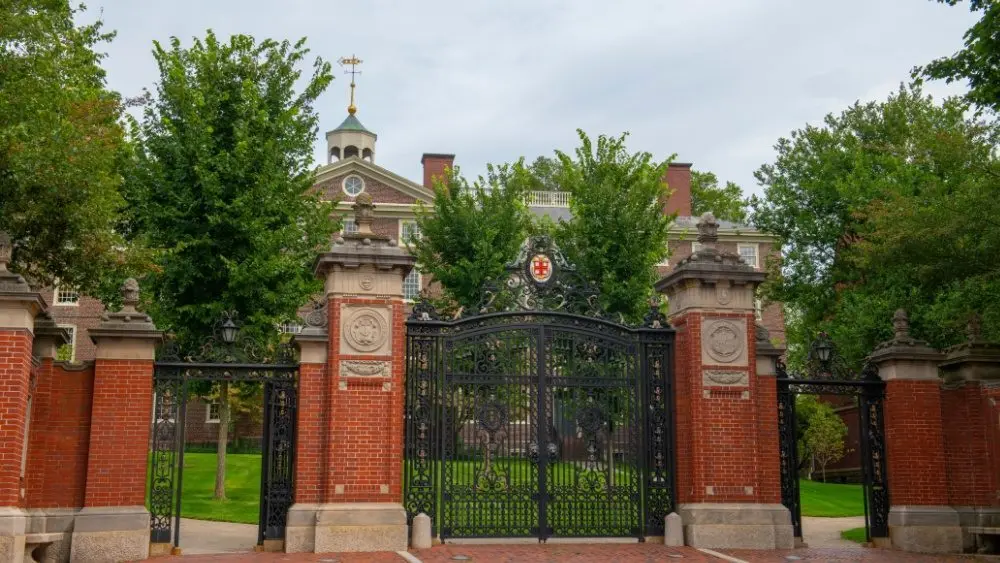
The United States doubled its tariffs on steel and aluminum to 50% on Wednesday, as part of President Trump’s broader trade policy.
The new rates took effect at midnight Eastern time in a move that cast a shadow over the Organization for Economic Cooperation and Development (OECD) ministerial meeting underway in Paris. Trump’s aggressive tariff strategy—targeting both allies and rivals with levies on imported steel, aluminum, and automobiles—has strained relations with key trading partners and sparked a wave of diplomatic efforts aimed at averting further trade disruptions.
Trump signed an executive order doubling the tariffs on all aluminum and steel imported into the United States from 25% to 50% with only Britain receiving a reprieve as part of a trade deal between the two nations in May. Trump said in the order: “In my judgement, the increased tariffs will more effectively counter foreign countries that continue to offload low-priced excess steel and aluminum in the United States Market and thereby undercut the competitiveness of the United States steel and aluminum industries,”
The Paris-based OECD (which represents 38 primarily advanced economies) has convened for its ministerial meeting this week, the organization downgraded its global economic outlook. The cuts were driven in part by the fallout from U.S. trade policies. OECD chief economist Alvaro Pereira in an interview that “trade, investment, and consumer spending have all taken hits due to these tariffs,” and warned that the United States stands to bear the heaviest consequences.
U.S. Trade Representative Jamieson Greer met with European Union Trade Commissioner Maroš Šefčovič on the sidelines of the OECD meeting, which as the EU tries to avoid further tariff hikes on its exports. U.K. Trade Secretary Jonathan Reynolds also held talks with Greer on Tuesday, hoping to shield British steel and aluminum from the increased tariffs. Despite the U.S. doubling those tariffs overall, the U.K. rate remains temporarily capped at 25% while both sides work out new terms in line with their recently signed trade agreement. According to a summary from the U.K. government, Reynolds and Greer discussed their mutual interest in swiftly implementing the agreement, which includes provisions around sector-specific tariffs and quotas.
Trump’s latest tariff increase was criticized by the European Union, who said it undermines ongoing efforts to reach a diplomatic resolution and warned it is prepared to retaliate if necessary. Canada, which supplies more steel and aluminum to the U.S. than any other country, called the tariffs “illegal and unjustified.”
German Economy Minister Katherina Reiche on the sidelines of the OECD gathering said that “we need to find negotiated solutions as quickly as we can—time is running short,” with French Trade Minister Laurent Saint-Martin echoed the sentiment, urging calm and stating, “These tariffs benefit no one. We must stay measured.”
Mexico’s Economy Minister Marcelo Ebrard argued that the duties are unjustified, noting that the U.S. actually exports more steel to Mexico than it imports. “It doesn’t make sense to tax a product where you already have a surplus.” Mexico’s economy is particularly exposed to U.S. trade policy, with 80% of its exports going north to the United States.
Britain was spared from the tariffs after signing the U.S.-U.K. Economic Prosperity Deal on May 8 that granted the United States the ability to fast-track exports including agricultural products, through British customs and market access for industrial products. Tuesday’s executive order stipulated, however, that Britain could be subject to the 50% tariffs as soon as July 9 if it is determined that it has not “complied with relevant aspects of the deal.”
On Tuesday, White House Press Secretary Karoline Leavitt confirmed that letters had been sent to U.S. trading partners urging them to submit new proposals before Wednesday’s deadline. Leavitt told reporters that the letters were delivered “just to give them a friendly reminder that the deadline is coming up … They continue to be engaged in those discussions, and this letter was simply to remind these countries that the deadline is approaching and the president expects good deals, and we are on track for that, I will emphasize.”
Meanwhile, tensions between Washington and Beijing continue to build. Trump has been especially critical of China this year, at one point slapping a 145% tariff on Chinese imports, prompting a retaliatory 125% duty on American goods from Beijing. In a post early Wednesday on his Truth Social platform, Trump said: “I like President XI of China, always have, and always will, but he is VERY TOUGH, AND EXTREMELY HARD TO MAKE A DEAL WITH!!!”
Editorial credit: Mr. Kosal / Shutterstock.com





